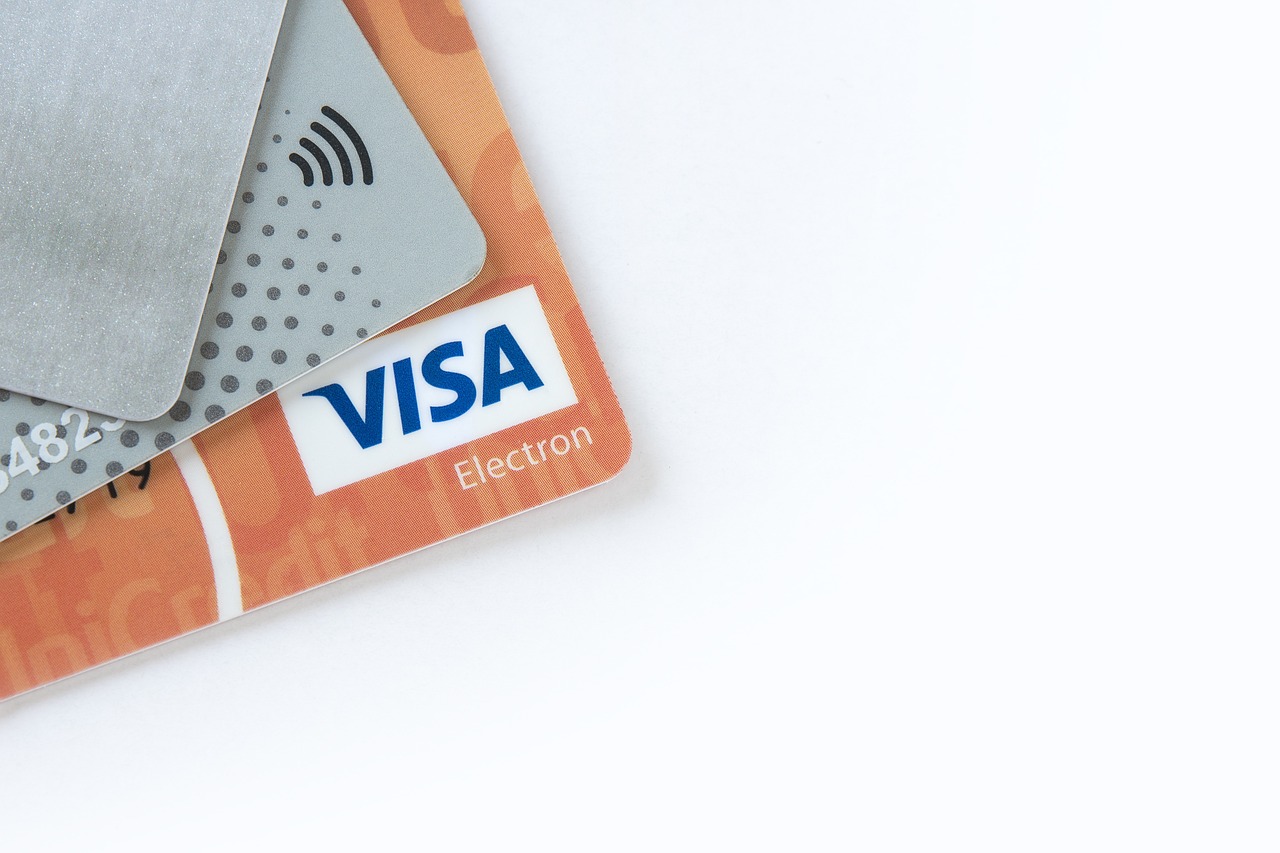Addressing Privacy Concerns in Consumer Electronics
diamond exchange, sky99exch com login, www.reddy book.club login: Addressing Privacy Concerns in Consumer Electronics
As technology continues to advance at a rapid pace, consumer electronics have become an integral part of our daily lives. From smartphones to smart TVs, these devices provide us with convenience and connectivity like never before. However, with the convenience of these devices also comes the need to address the privacy concerns that arise from their use.
In recent years, there has been a growing awareness of the importance of privacy in consumer electronics. With data breaches and privacy scandals becoming increasingly common, consumers are rightfully concerned about the security of their personal information. In this article, we will discuss the various privacy concerns that come with using consumer electronics and provide tips on how to address them.
Data Collection and Tracking
One of the biggest privacy concerns in consumer electronics is the collection and tracking of user data. Many devices are equipped with sensors and cameras that can record information about users without their knowledge. This data can then be used for targeted advertising, profiling, or even sold to third parties without the user’s consent.
To address this issue, be sure to carefully read the privacy policy of any device or app you use. Look for information on what data is being collected, how it is being used, and whether it is being shared with third parties. If you are uncomfortable with the amount of data being collected, consider disabling certain features or finding alternative devices that prioritize user privacy.
Security Vulnerabilities
Another common privacy concern in consumer electronics is security vulnerabilities. As devices become more interconnected, they become more susceptible to hacking and malware attacks. This can lead to the theft of personal information, financial data, or even control of the device itself.
To protect yourself from security vulnerabilities, be sure to keep your devices updated with the latest software patches and security updates. Use strong, unique passwords for each device and enable two-factor authentication whenever possible. Avoid connecting to public Wi-Fi networks and be cautious about downloading apps from unknown sources.
Smart Home Devices
The rise of smart home devices has brought convenience to many households, but it has also raised privacy concerns. Devices like smart speakers and connected cameras can potentially listen in on conversations or record video without the user’s knowledge. This data can then be stored and potentially accessed by unauthorized parties.
To address privacy concerns with smart home devices, review the privacy settings of each device and disable any features that you are not comfortable with. Be mindful of where you place cameras and microphones in your home and consider using physical covers or disconnecting devices when not in use. Additionally, regularly review the permissions granted to third-party apps that interact with your smart home devices.
Location Tracking
Many consumer electronics devices, such as smartphones and fitness trackers, collect and track location data to provide location-based services. While this can be useful for navigation and location-based recommendations, it also raises privacy concerns about the constant monitoring of our movements.
To address privacy concerns related to location tracking, review the location settings on your devices and disable tracking for apps that do not require it. Consider using a virtual private network (VPN) to encrypt your internet connection and mask your location while using your devices. Be cautious about sharing your location with third-party apps and only enable it when necessary.
Social Media and Online Privacy
In addition to privacy concerns within consumer electronics devices themselves, there are also concerns surrounding our online activities and interactions. Social media platforms and websites often collect vast amounts of data about users’ behavior, preferences, and interactions. This data can be used for targeted advertising, profiling, and even influencing political opinions.
To address online privacy concerns, review the privacy settings of your social media accounts and adjust them to limit the amount of information shared with third parties. Be cautious about what you post online and consider the potential consequences of sharing personal information. Use strong, unique passwords for each account and enable two-factor authentication whenever possible.
FAQs
Q: How can I protect my privacy while using consumer electronics?
A: To protect your privacy while using consumer electronics, be sure to review and adjust the privacy settings on your devices, keep your software updated, use strong passwords, and be cautious about the data you share online.
Q: What should I do if I suspect a privacy breach with my consumer electronics?
A: If you suspect a privacy breach with your consumer electronics, contact the manufacturer or service provider immediately. Change your passwords and review the security settings on your devices to prevent further breaches.
Q: Is it possible to completely eliminate privacy concerns with consumer electronics?
A: While it may not be possible to completely eliminate privacy concerns with consumer electronics, you can take steps to minimize risk and protect your personal information. Be proactive about reviewing privacy settings, updating software, and practicing good online security habits.
In conclusion, addressing privacy concerns in consumer electronics is essential to protecting your personal information and maintaining control over your digital footprint. By being mindful of the data collected by your devices, securing your devices against vulnerabilities, and being cautious about sharing information online, you can take steps to safeguard your privacy in an increasingly connected world.







